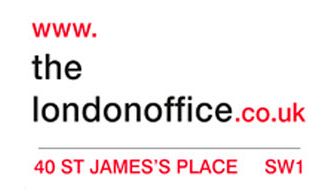Tenant fee ban
The tenant fee ban becomes law on 1st June 2019 meaning tenants will no longer pay towards tenancy administration, with the costs being passed to landlords or agents to absorb.
From 1st June onwards Agents and Landlords will only be able to charge “permitted payments” – everything else will be illegal. This update is intended to highlight the key points rather than being a fully exhaustive breakdown of the Act.
Permitted payments will be:
Rent: A tenant’s regular payment to a landlord for the use of the property.
Holding Deposit: A refundable Holding Deposit of no more than one weeks’ rent: A Holding Deposit is a payment made by a tenant to a landlord (or to an agent acting on the landlord’s behalf) to reserve that property. Once the tenancy commences this must either be refunded to the tenant or can be put towards the rent or deposit.
Tenancy Deposit: This will now be capped at 5 weeks rent. (Where the rent is less that £50,000 per annum). No extra deposit can be taken and this includes “Pet deposits”.
Default Fees: Cost of lost keys (actual cost not time). Interest at no more than 3% above bank of England base rate – after 14 days of arrears (although interest can be charged from the date of late payment).
Variation of tenancy (once the tenancy has commenced and at the tenant’s request): A reasonable charge here is up to £50 (inc. VAT). A higher claim can be made but the agent or landlord must show why it was reasonable to incur a greater cost.
Early termination: Agents and landlords can require a tenant to make a payment for an early termination of the tenancy agreement at the tenant’s request. The payment cannot exceed the loss suffered by the landlord or reasonable costs incurred by the letting agent.
Utilities and Council Tax payments: Letting agents and landlords may require tenants to pay the Council Tax and utilities on the property they rent.































































